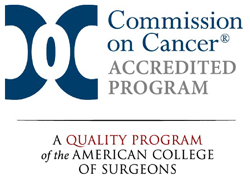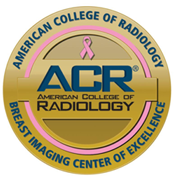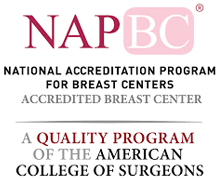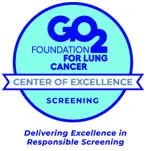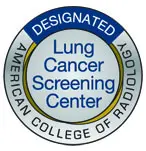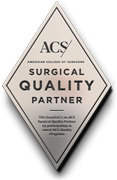Multiple Myeloma
Multiple myeloma, also known as Kahler’s disease, is a blood cancer that develops in plasma cells (a type of white blood cell) within the bone marrow, the soft tissue inside bones.
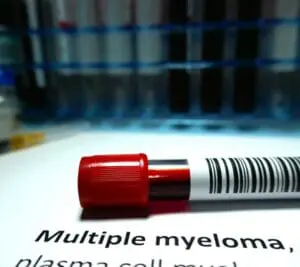 Customized Care for Multiple Myeloma Treatment
Customized Care for Multiple Myeloma Treatment
In multiple myeloma, cancerous plasma cells accumulate in the bone marrow, crowding out healthy blood cells and producing abnormal proteins instead of helpful antibodies, which can lead to various complications. While there’s no cure, treatments at Phoebe Cancer Center can manage symptoms and related conditions, slowing the disease’s progression.

